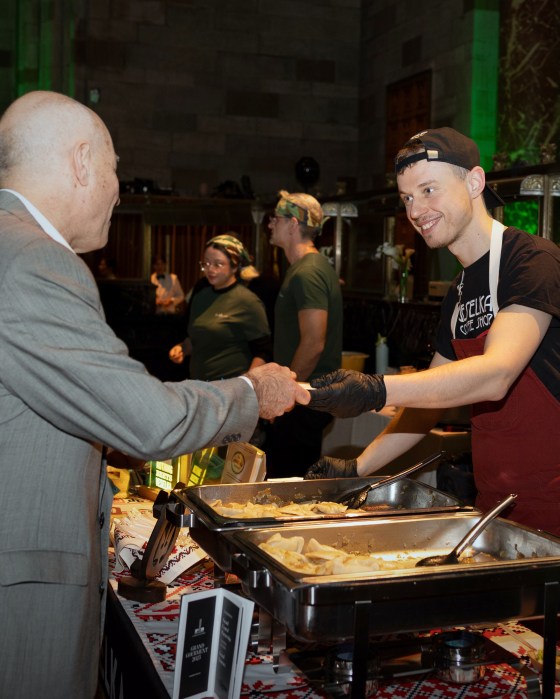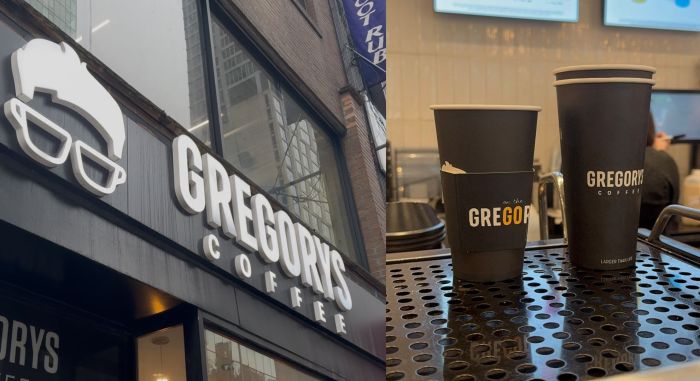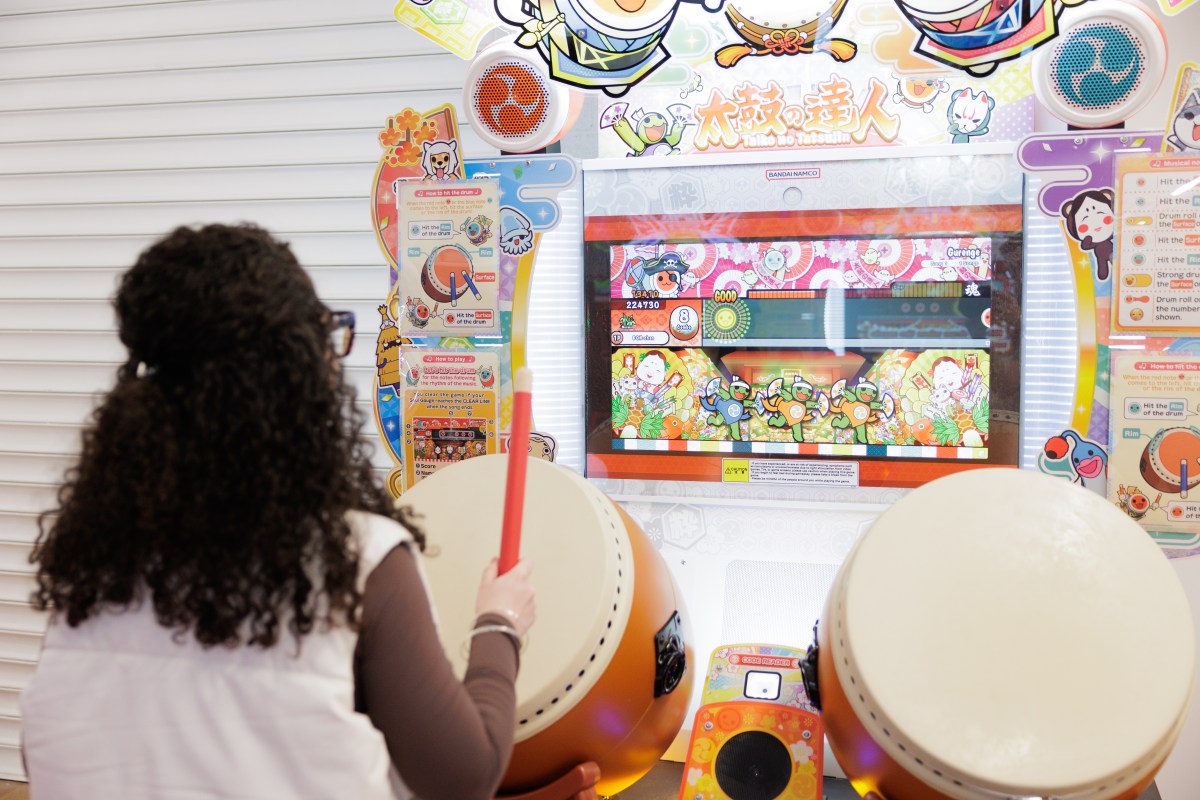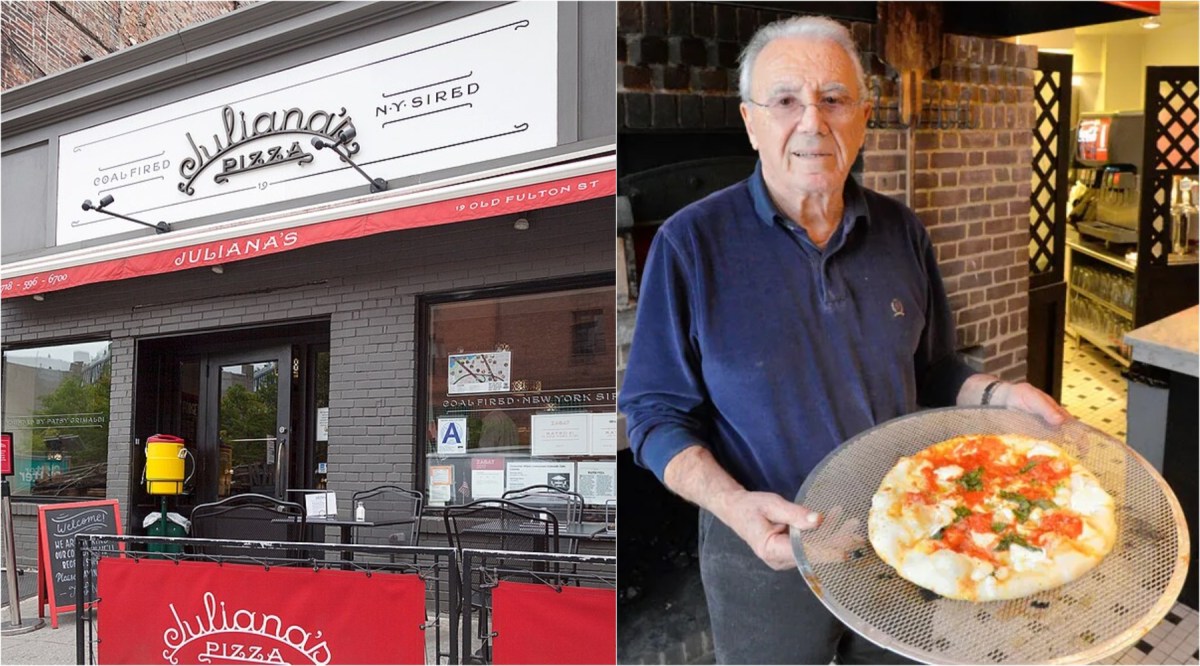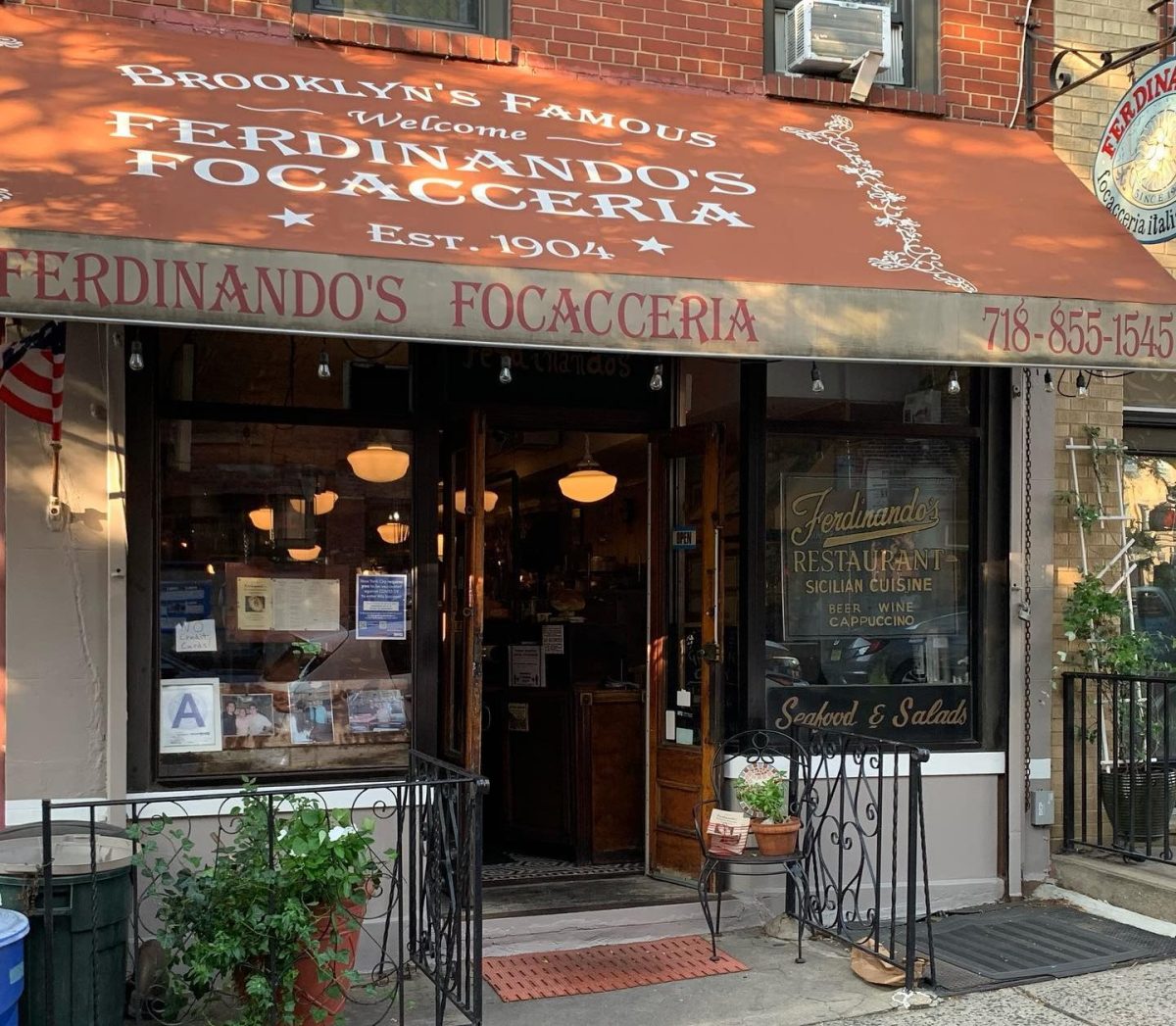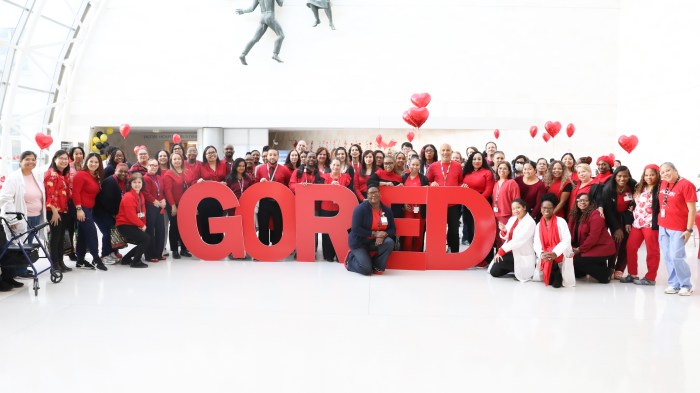
Every holiday on the Jewish calendar is almost as much about the food on the table as it is about the religious teachings in the Torah, and Rosh Hashanah and Yom Kippur are no exception. But when New Yorkers — accustomed to dining out every night and using their ovens for storage space — are tasked with preparing a spread of brisket, gefilte fish, challah, chopped liver, matzo ball soup, and bagels (and that’s before dessert!) for all of their family and friends, they turn to the pros.
As customers form lines around the block, calls pour in by the minute, and hungry diners demand break-fast orders placed months earlier, New York’s favorite Jewish delis, restaurants, and grocers are as prepared for the impending High Holidays as ever before.
While this year’s early Rosh Hashanah and Yom Kippur, which begin on Sept. 9 and 18, respectively, have caught many summer-clinging New Yorkers by surprise, the men and women behind 2nd Avenue Deli, Russ & Daughters, Ben’s Deli and Mile End Deli have been readying their kitchens and staffs for the influx of business for months.
“We see thousands of customers during the High Holidays,” said Russ & Daughters co-owner Niki Russ Federman, noting that the increased business occurs between the store and cafe locations on the Lower East Side, the newly opened restaurant at the Upper East Side’s Jewish Museum, and online.
2nd Avenue Deli, which offers a preset catering menu in addition to a la carte options, attracts similarly high numbers, welcoming an estimated 10,000 customers at its two locations between Rosh Hashanah and Yom Kippur.
Planners and procrastinators
The scene at Russ & Daughters’ Houston Street store is a familiar one: dozens of hungry customers form a line stretching from the 104-year old shop’s green facade and around the corner to Allen Street as they anxiously wait to buy the restaurant’s famous bagels and lox, caviar and herring, babka and rugelach. There’s a sense of urgency in the air, as patrons count the minutes until their guests arrive for the break-fast and they can eat after a full day of fasting, but don’t expect to catch a Seinfeld-esque fight for the last marble rye. Sure, some have been camping outside the iconic store since 5 a.m. (an impressive three hours before the doors will open), but no customer appears the least bit worried. Instead, they relish in the experience, just as generations before them have on the same Lower East Side street.

Some are there to purchase one-off items, and some hope there will be enough unclaimed food available for a whole feast, but most of those waiting are simply at Russ & Daughters to fetch orders placed weeks and even months earlier.
“We get orders called in the day after Yom Kippur the year before,” said Federman, a fourth-generation owner. “People know they can’t wait until the last minute.”
And while advanced ordering is somewhat of an unspoken rule at the storied LES institution, other restaurants and delis are forced to make their cutoffs more explicit.
Ben’s Deli, which offers entirely kosher catering, asks customers to order their $359.99 10-person family-style dinners at least a week in advance and even incentivizes early ordering by offering “buy one, get one free” coupons for future use.
“We still have thousands of people who just want to do their own thing,” said Hal Simon, area manager for the Ben’s Manhattan location, who explained that many customers cook most of their celebratory meals at home and come to the deli for small components like matzo ball soup or chopped liver.
Brooklyn-based Mile End Deli requests that patrons get their orders in as early as possible, especially if they are after the full spread.
“We hate saying no to customers,” said founder Joel Tietolman,“but if you call the morning of the holiday… you might be out of luck.”
2nd Avenue Deli, which opened its 33rd Street location in 2007 after closing its original East Village delicatessen in 2006, does get some advanced orders but sees most of its business through walk-ins in the days leading up to Rosh Hashanah and Yom Kippur.
“When I was a kid, people were paranoid,” said current owner Jeremy Lebewohl, nephew of Abe Lebewohl, who founded the deli in 1954. “They would place their orders months ahead, and it would make things much easier.”
Lebewohl explained that because customers no longer place orders long before the High Holidays, it is difficult for the restaurant to gauge the quantities they’ll need of each menu item. As a result, the famous deli studies its sales from earlier years and over-prepares its most popular foods — usually a combination of brisket, chicken stock, honey bread and bagels — speculating that these will once again be hits.
Prep, prep, prep
With most Jewish delis and restaurants either closing early or entirely on the days of Rosh Hashanah and Yom Kippur, the bulk of holiday preparation — from ordering ingredients to cooking to packaging — must be done ahead of time; but with so many perishable menu items, much of the prep is left to the days and hours before.
“Because we make everything in-house and in small batches,” said Russ and Daughters’ Federman, “our staff does have to work longer hours starting the week before, and we bring in part-time help.”
The LES staple has traditionally made all the food for its three New York locations as well as its nationwide online ordering, which accounts for a third of business, in the tiny kitchen/bakery at its original Houston Street location. Since Federman and her cousin and co-owner, Josh Russ Tupper, announced in 2016 that Russ & Daughters would open its first-ever Brooklyn location, the duo has been working to move all food preparation to the whopping 18,000-square foot space in the Navy Yard. This September will be the first High Holiday season prepared in the new location, and the owners believe it will allow for increased production and therefore more items available to customers in New York and around the country.
At 2nd Avenue Deli, which also prepares everything on location, the transition from the always-slow summertime to the High Holidays sees a total 180 in business.
“After Labor Day, it’s like a light switch,” Lebewohl said.
In order to keep up with its sudden flood of customers, the deli’s employees end up working overtime in the lead up to Rosh Hashanah and Yom Kippur.
“Nobody else in the city is really making this from scratch,” said Lebewohl, “but making thousands of pounds of brisket, honey cake and soup takes a long time.”
Not-so-strictly business
Rosh Hashanah and Yom Kippur are two of the most important days on the Jewish calendar, and they are therefore awarded equal weight on the calendars hanging at delis and restaurants around the city.
“We count on the High Holidays for our yearly business,” said Ben’s Deli’s Simon, noting that Rosh Hashanah and Yom Kippur are the restaurant’s biggest days, with Passover closely behind.
For Russ & Daughters, which has in recent years become a hot spot for young New Yorkers as much as it remains a haven for its older following, the days don’t make much of a difference in business.
“The High Holidays are important,” said Federman, “but Christmas is just as busy, as are Thanksgiving, Mother’s Day — basically any time there’s a family gathering, people want to include us. And it’s very nice to be able to provide that kind of continuity, especially across several generations.
“We have some customers who still have paper copies of their orders from the ’70s,” she added. “Of course, everything is done on computers now, but I hope we can still add to that sense of heritage.”
2nd Avenue Deli does call Rosh Hashanah and Yom Kippur two of its most critical days, but the added costs of overtime employment, extra ingredients and the revenue lost on the days closed make the restaurant more or less break even.
“I actually don’t like the High Holidays, from a purely business standpoint, because it disrupts everything,” Lebewohl said. “But at the end of the day, we love being a part of the tradition.”



